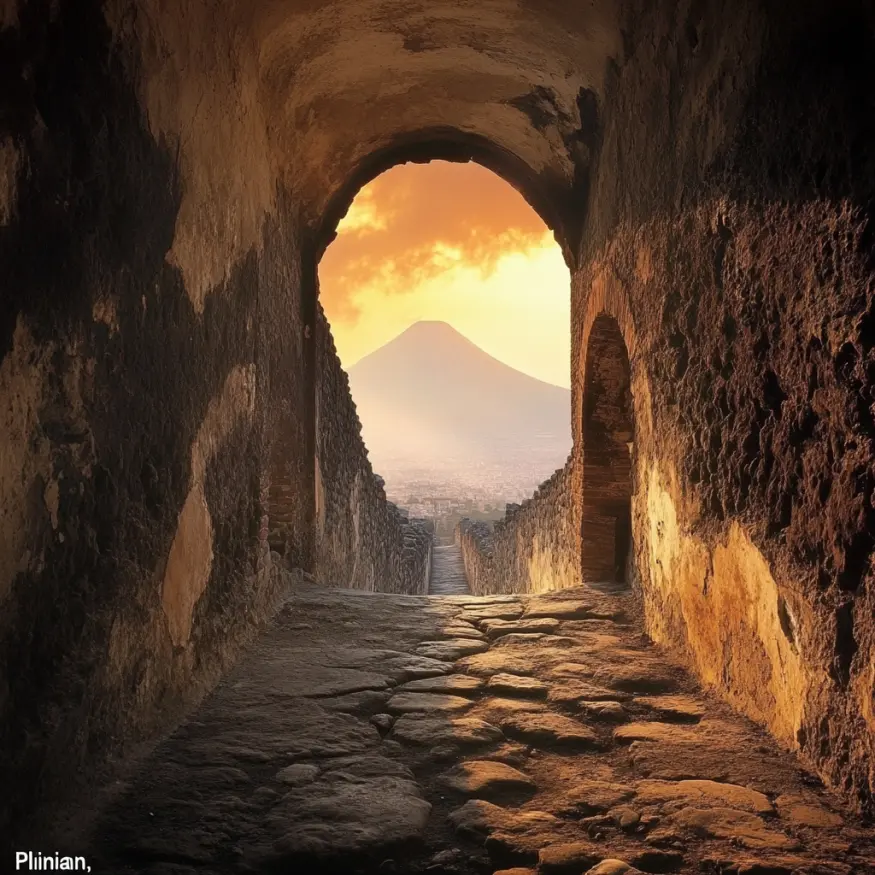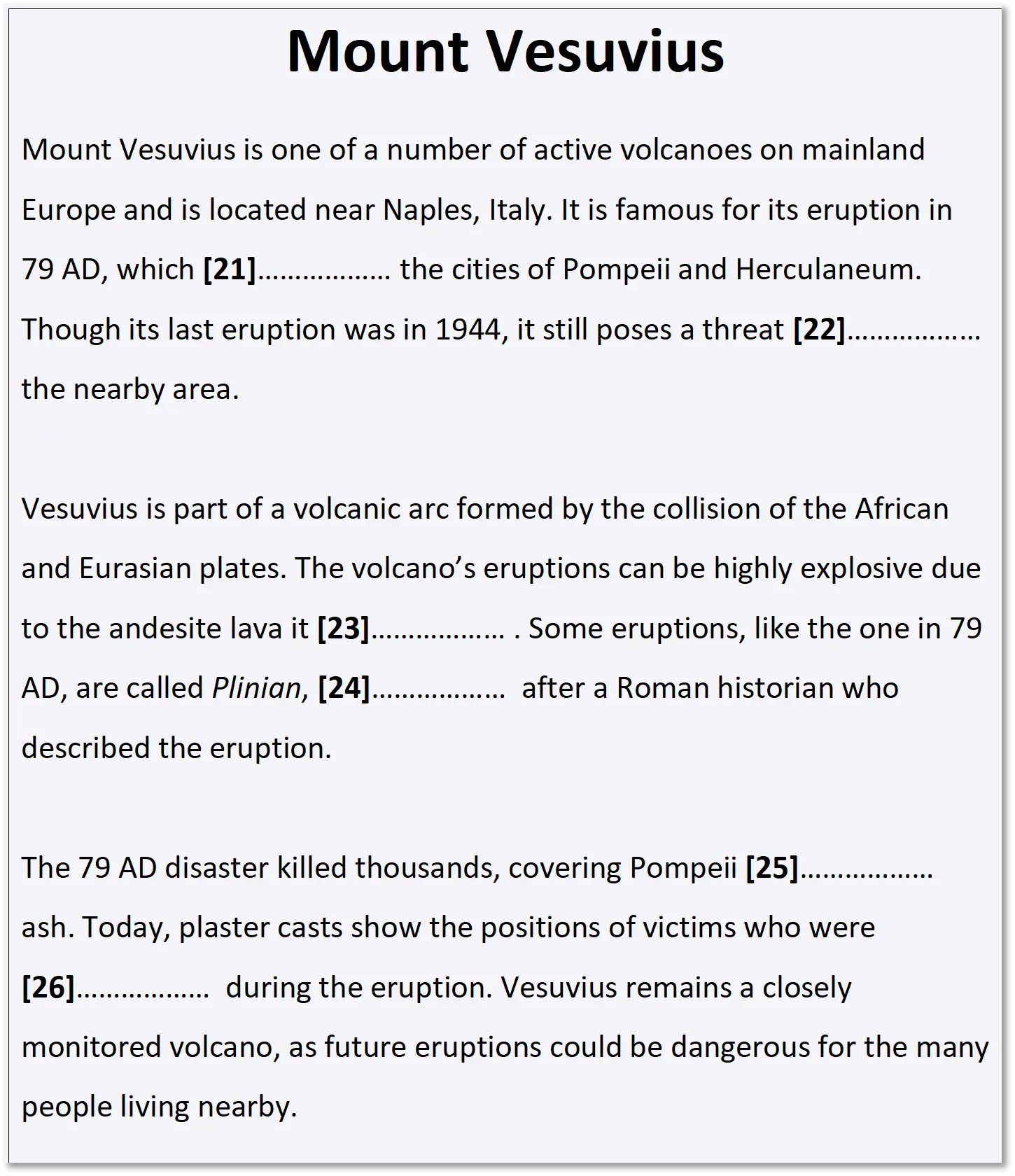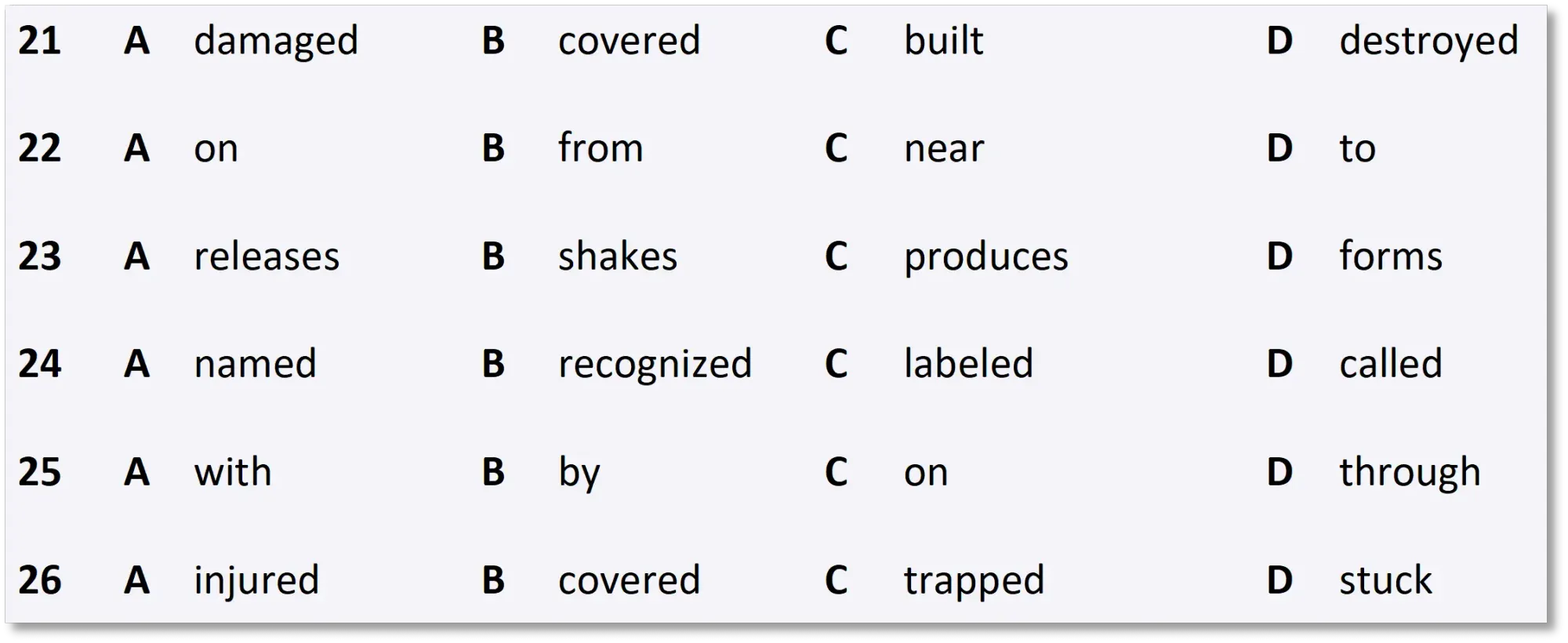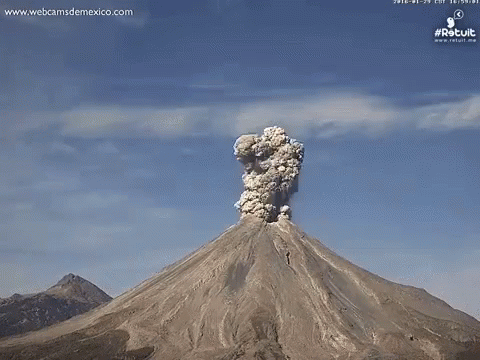Mount Vesuvius

In this interactive exercise, we'll work together to strengthen your skills in answering multiple-choice questions found in the PET Reading Part 5. Sometimes, you may feel that more than one answer looks right, but don't worry—we’re going to break it down step by step so you can confidently choose the best answer.
practise PET Reading Part 5 - GAPFILL
use context - The Project
more PET Reading Part 5 interactive practice - The Rat Race
Each question has a missing word from a sentence. You need to choose the word that fits best. You will probably simply select the word that sounds right, which is fine. However, if none of the words sound right, you will need a more structured approach. Here are five steps you can practise. I’ll guide you through each of these five steps:
- Understand the context of the sentence.
- Examine the sentence as a whole to spot helpful clues.
- Eliminate answers that don’t fit the meaning or tone.
- Check for common word combinations (collocations).
- Test your final options to see which one sounds most natural.
Together, we’ll go through these stages for each question, helping you think carefully and logically about your choices. The more you practice, the easier it will become!
Here is an example question:


use context
Using context helps us make informed guesses about the correct answer, allowing us to eliminate words that don’t quite fit and gain a clearer understanding of the passage as a whole. Remember, context is a powerful tool for guiding your word choices—use it to your advantage!
practise PET Reading Part 5 - GAPFILL
use context - The Project
more PET Reading Part 5 interactive practice - The Rat Race
Here is how:
question 1
sentence: "It is famous for its eruption in 79 AD, which ______ the cities of Pompeii and Herculaneum."
options: damaged, covered, built, destroyed
step one: understand the context
The sentence refers to something bad that happened to the city as a result of the eruption of Vesuvius. We can already begin to eliminate some options: "built" does not usually represent something bad and certainly has nothing to do with volcanic activity.
step two: examine the sentence as a whole
The words "eruption in 79 AD" indicate a natural disaster. The context is about destruction, probably on a massive scale: "covered" and "built" are not about destruction on a massive scale. That leaves us with "damaged" and "destroyed".
step three: eliminate answers that don't fit
- destroyed: best fit: the city was completely destroyed by the eruption.
- damaged: the problem with the word "damaged" is that it suggests that part of the cities were not damaged, but in this case nothing survived at all.
- covered: sure, the cities were covered with ash, but this does not give us the idea of total destruction anymore than if they had been covered in snow.
- built: this word is completely unrelated to destruction.
step four: check for collocations
"destroyed" and "city" are a common collocation in disaster contexts, while the others don't sound as natural here.
step five: test the options in the sentence
- "It is famous for its eruption in 79 AD, which destroyed the cities of Pompeii and Herculaneum." ✅
- "It is famous for its eruption in 79 AD, which covered the cities of Pompeii and Herculaneum." ❌
- "It is famous for its eruption in 79 AD, which built the cities of Pompeii and Herculaneum." ❌
- "It is famous for its eruption in 79 AD, which damaged the cities of Pompeii and Herculaneum." ❌
question 2
sentence: "... it still poses a threat ______ the nearby area."
options: on, from, near, to
step one: understand the context
The sentence is about the danger of Vesuvius for places like Naples, which is near.
step two: look at the sentence as a whole
Clearly here we are looking for a preposition. Here the threat is coming "from" Vesuvius. We can eliminate from because the threat is coming from the volcano not from the city. Hint: from = motion away / to = motion towards. So the threat is going towards/in the direction of (motion towards) the city and away from the volcano.
step three: eliminate words that don't fit
- on: a preposition indicating location but here we are not saying where anything is.
- from: usually used to indicate movement away from a point but here we are not talking about movement away.
- near: unlikely because the next word is nearby. This would be poor style.
- to: this is the correct answer. The threat is moving from the volcano to the city.
step four: check for collocations
"threat to" is a common collocation.
step five: test the options in the sentence
- "... it still poses a threat to the nearby area." ✅
- "... it still poses a threat on the nearby area." ❌
- "... it still poses a threat near the nearby area." ❌
- "... it still poses a threat from the nearby area." ❌
question 3
sentence: "The volcano’s eruptions can be highly explosive due to the andesite lava it ______"
options: releases, shakes, produces, forms
step one: understand the context
The sentence talks about lava coming out of the volcano after/because of an explosive eruption.
step two: look at the sentence as a whole
The words eruption and explosive tell us that there is a lot of pressure and power that makes the lava come out, so we are looking for a word that means "come out because of high pressure."
step three: eliminate words that don't fit
- shakes: although the ground might shake, this word does not convey the idea of pressure.
- produces: too weak and general.
- releases: perfect fit. Release means "let go of". Here the volcano is letting go of the pressure.
- forms: too weak and general.
step four: check for collocations
"releases" is the best fit for describing letting go of pressure.
step five: test the options in the sentence
- "The volcano’s eruptions can be highly explosive due to the andesite lava it releases." ✅
- "The volcano’s eruptions can be highly explosive due to the andesite lava it shakes." ❌
- "The volcano’s eruptions can be highly explosive due to the andesite lava it produces." ❌
- "The volcano’s eruptions can be highly explosive due to the andesite lava it forms." ❌


